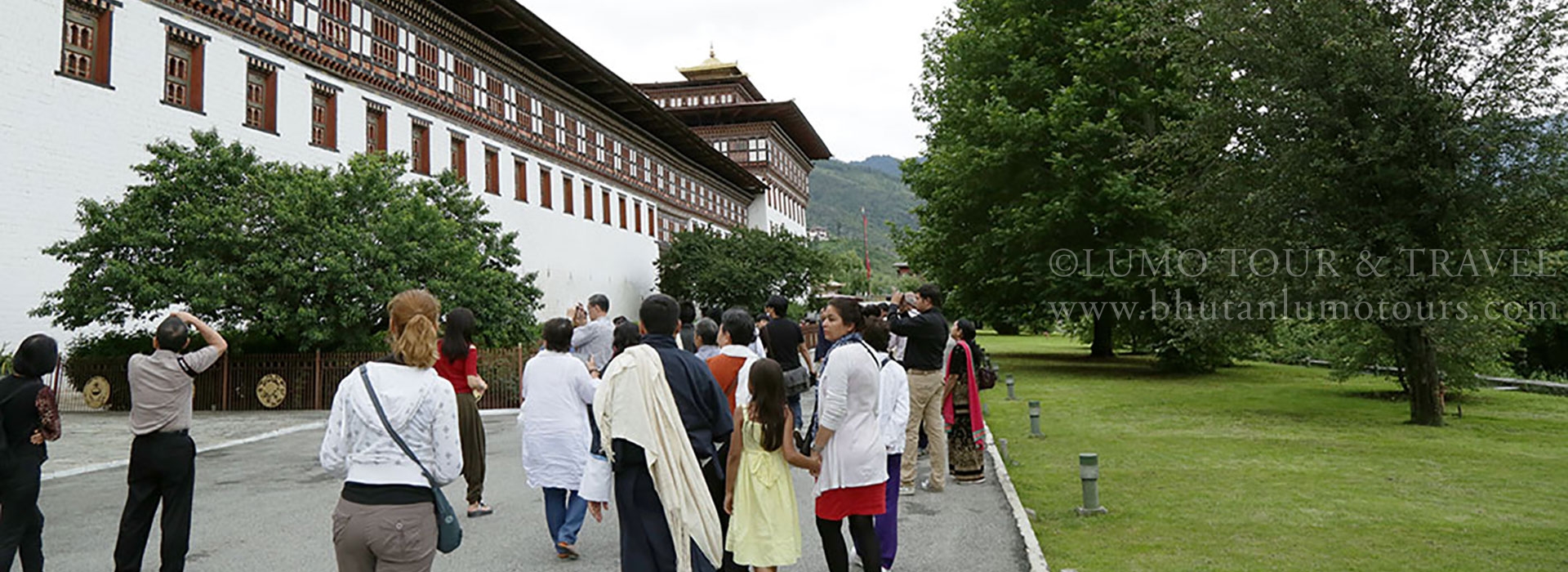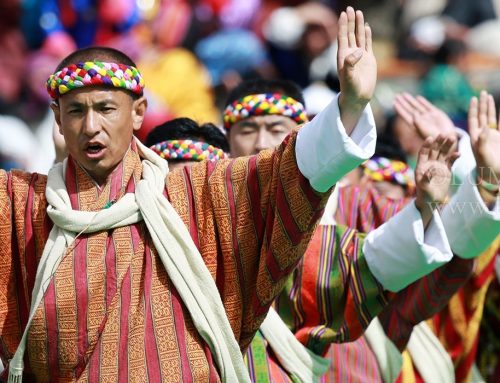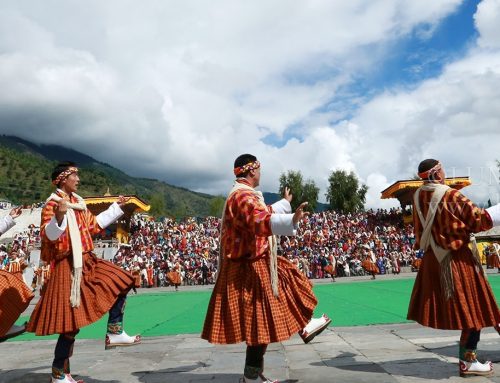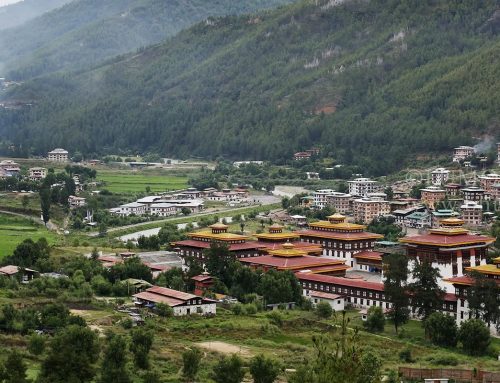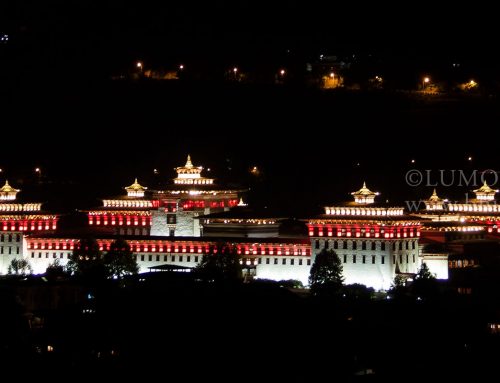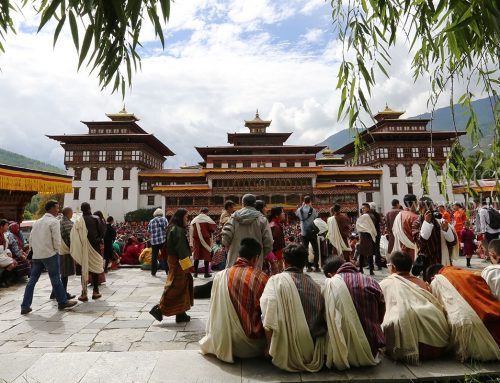Bhutan’s national policy of High Value, Low Volume Tourism asks every visitor to Bhutan to be sensitive to the social, culture and environmental system that is trying to preserve the best of its traditions in a rapidly changing world. Bhutan opened up tourism in 1974 and the government adopted a cautious tourism policy from the beginning to avoid the negative impacts that mass tourism could have in a small country.
This exclusive policy was Bhutan’s representation of eco-tourism. The government has long lived to its vision of sustainable living, encapsulated in its Gross National Happiness policy and its middle path development. Mountaineering is closed even when the world’s climbers eagerly waiting to conquer the 20 virgin peaks within Bhutan.
Tourism in Bhutan was privatized by the Royal Government of Bhutan in 1991. Today it is a vibrant business with nearly 500 private operators at the helm of affairs.
The Tourism Council of Bhutan (TCB) guides, monitors and regulates the tourism industry. One of the main functions of Council is to maintain a high standard of hospitality and services in Bhutan and to ensure adequate infrastructure for tourism to maintain Bhutan as a high quality tourist destination. A fee of US$10 from each visitor is levied to develop infrastructure.
The Association of Bhutanese Tour Operators (ABTO) is responsible for strengthening the private tour operations in Bhutan.
The tourism industry in Bhutan is founded on the principle of sustainability, meaning that tourism must be environmentally and ecologically friendly, socially and culturally acceptable and economically viable. The number of tourists visiting Bhutan is regulated to a manageable level because of the lack of infrastructure also.
The Royal Government of Bhutan recognizes that tourism is a world-wide phenomenon and an important means of achieving socioeconomic development particularly for a developing country like Bhutan. It also recognizes that tourism, in affording the opportunity to travel, can help in promoting understanding among people and building closer ties of friendship based on appreciation and respect for different cultures and lifestyles.
Towards achieving this objective, the Royal Government, since inception of tourism in the year 1974, has adopted a very cautious approach to growth and development of the tourism industry in Bhutan. In order to minimize the problems, the number of tourists has been maintained at a manageable level and this control on number is exercised through a policy of government regulated tourist tariff.


